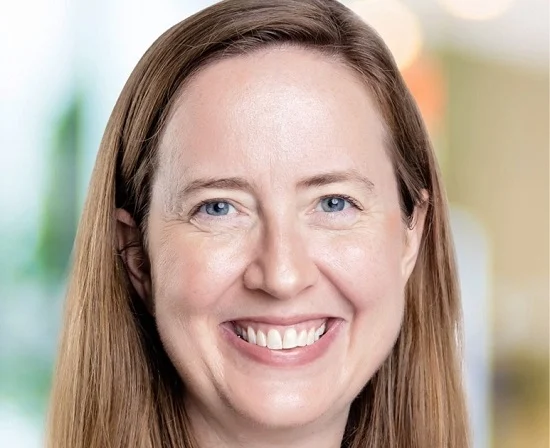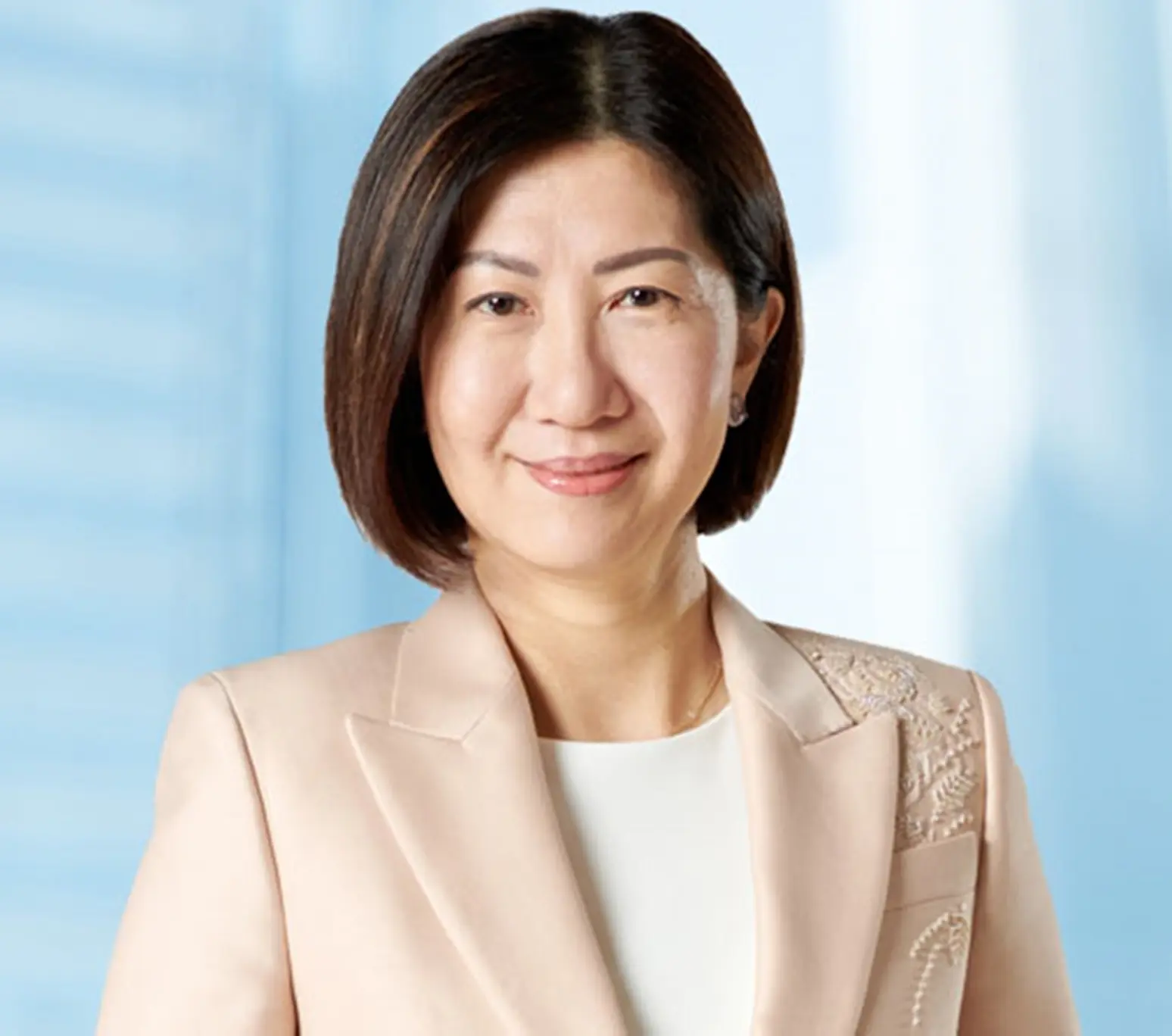Part One: Persefoni chief Kawamori outlines climate disclosure challenges
10th May, 2023 | Luke Jeffs

In the first part of a two-part series, Persefoni founder and chief executive Kentaro Kawamori talks to Luke Jeffs about carbon disclosure
By Luke Jeffs
A rising star in the fast-changing climate disclosure and carbon management industry is Kentaro Kawamori, the chief executive and co-founder of Persefoni, a technology firm that helps investors and other financial firms satisfy their stakeholder and regulatory climate disclosure obligations.
Kawamori co-founded Persefoni in 2020 and secured in September the following year a key partnership with and investment from Bain & Co, the US consultancy group.
Persefoni and Bain & Co. worked most recently to launch in March 2023 Net Zero Navigator, a ground-breaking tool that helps firms define their carbon reduction strategies by drawing on Bain & Co.’s vast net zero experience.
Arizona-based Persefoni already lists Citi, alternative asset manager TPG, Japan’s Sumitomo Mitsui Banking Corporation and US bank William Blair among its growing client list of banks, asset managers and asset owners.
Speaking to Global Investor in late April, Kawamori said sustainability is now truly a global trend that straddles all asset classes but some asset managers are more advanced than others in their understanding of the key issues.
“The best way to think about this is the companies that have the most capability and those that are spending the most time and money getting ready are the ones that tend to have the highest amount of capital from left-leaning, liberal types of limited partners (LPs).”
“That can be European or British pension funds, and Canadian pension funds have been a huge part of this story, though they are not talked about so much. Then, to a lesser degree, there are the US pension funds. You’d think that California and those folks might have moved a bit faster, but they are actually quite slow. There are other regions, such as Australia and New Zealand, where the government sectors have been pushing quite a bit.”
Japan is also a rapidly growing market for Persefoni while the services that the firm provides have resonated particularly in the private equity and venture capital (VC) markets where carbon disclosure can be patchy.
The chief executive said: “If you correlate where we’ve seen most action from general partners (GPs) and portfolio companies measuring and ultimately disclosing their carbon footprint, it is linked to control investors. This is a complex exercise, so we’ve had, for example, VC firms go to their portfolio companies that tend to be early stage, and the VC firms will conclude that they don’t have the time or money to do that.
“In contrast, if you are a massive buy-out fund doing ten billion dollar deals every few weeks, they have a huge priority to immediately push this into a portfolio company to start disclosing. Generally, we’ve seen that correlate to control-type GP structures.”
Global Perspective
Persefoni is a truly global firm with offices in Japan, Singapore, German, London and Canada as well as its US base so Kawamori has a unique perspective.
He said: “From a regional perspective, specific to financial services, there is this rhetoric that the Europeans are far ahead, which interestingly becomes a bit of drag for them as this perception that they have more expertise was true even a year ago, but the Americans have caught up so quickly, mostly because this is an investor and a regulatory issue for them.”
The Securities and Exchange Commission could publish as soon as June its requirements for US regulated firms’ climate disclosures which has focused minds in the world’s largest financial market (more on this later).
Kawamori continued: “It’s not that they all of a sudden care more than the Europeans, which is certainly not the case. Rather, Americans continue to be some of the most enterprising businesses on the planet, so every GP has a story or even some sort a fund related to climate.
“The Americans have moved incredibly fast whereas the Europeans got stuck and have been moving more slowly. We are seeing significantly more action in the US and in Japan than we see in Europe, where this is a lot more talk than action.”
Natural Gas
Asked about the effect of the Russian invasion of Ukraine on European energy supply and how that has affected attitudes to climate change, Kawamori said natural gas has emerged as contentious subject.
“What we are going to see fully come to a head, and this is something we discussed on a panel at COP 26 in Glasgow, is the far-left position of: “Stop all oil and gas development immediately” but most educated people will know that is just not feasible.
“So, the big battle ground is going to be natural gas. What did the Germans do? They replaced the NordStream pipeline with American and Qatari gas, so we’re going to see an interesting evolution around: “Is natural gas a transition fuel?” Separately, the French have gone massively into nuclear … so those are conversations happening in the financial services sector.”
The Persefoni chief said the financial services sector and particularly the banks are struggling to come up with the right story to explain their positions on natural gas.
Kawamori mentioned a recent dinner he had with a board member from a large global asset manager: “The board member said we’re in purgatory because we get a sale from the far left and they tell us we’re not doing enough and then we get a sale from the far right who say we need to stop this ESG “woke” stuff, and then in the middle there is a need to continue developing fossil fuel infrastructure like LNG terminals.”
Kawamori added: “I see that consolidated among the large players who continue to bear the brunt of the financing for that sort of infrastructure.”
The second part in this two-part Persefoni series will be published on May 11


